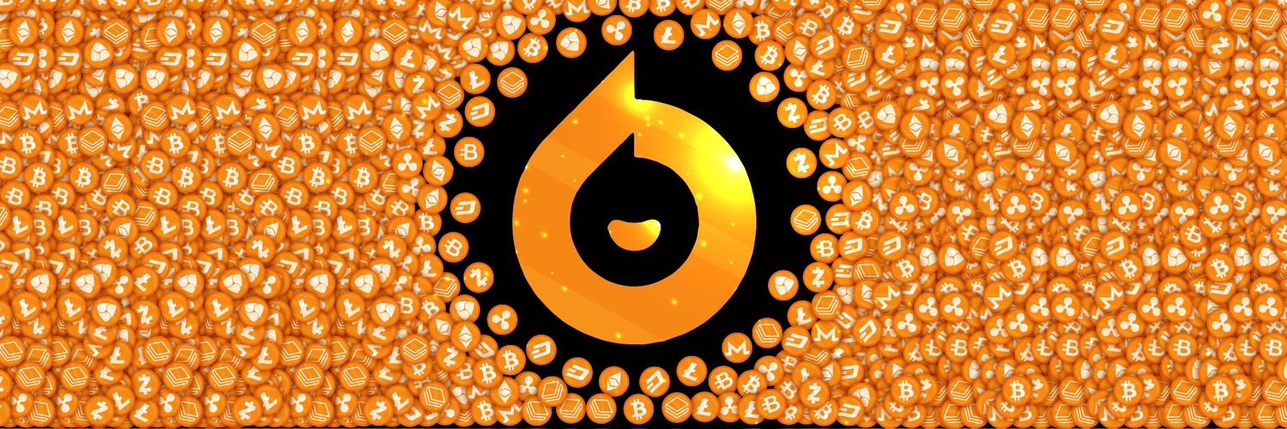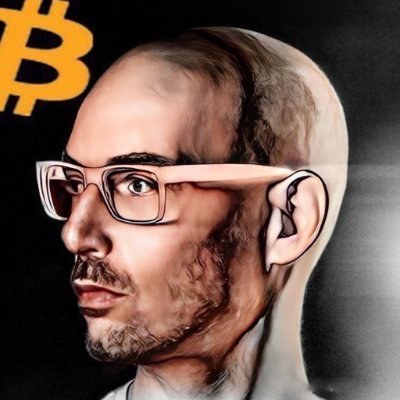
Gala Music 價格MUSIC
MUSIC/TWD 匯率換算器
今日Gala Music即時價格TWD
您認為今天 Gala Music 價格會上漲還是下跌?
Gala Music 市場資訊
Gala Music (MUSIC) 簡介
什麼是 Gala Music?
Gala Music 是 2023 年推出的去中心化音樂平台,致力於利用區塊鏈技術,徹底改變音樂產業。Gala Music 建立於 GalaChain 之上,旨在為藝術家提供對其音樂的更大控制權,並為粉絲提供更有價值的互動體驗。透過消除傳統中介機構,Gala Music 確保了公平收入分配,並鼓勵藝術家與觀眾的直接互動。
該平台讓音樂家保持對其智慧財產權的完全所有權,並制定自己的發行和定價條款,從而賦權於音樂家。粉絲可以享受流暢、無廣告的聆聽體驗,並有機會在生態系內賺取和使用 MUSIC 代幣。在 Snoop Dogg、Jordin Sparks 和 Earl Sweatshirt 等知名音樂家的支持下,Gala Music 準備打造一個更公平和活躍的音樂產業。
相關頁面
官方文件: https://music.gala.com/Gala_M usic_Whitepaper.pdf
官方網站: https://gala.com/
Gala Music 如何運作?
Gala Music 採用了 GalaChain 上的 ERC-1155 標準,將歌曲轉換為 NFT(非同質化代幣)。這確保了更高的交易吞吐量和較低的費用,使用戶得以進行具有成本效益的 NFT 交易。該平台將用戶分為三大類:藝術家、聽眾(包括曲目所有者)和節點營運商(點唱機營運商)。
藝術家可透過分級稀有度系統出售曲目,從最獨家簽名版曲目開始,依序為先鋒版、限量版、標準版和開放版。該系統為藝術家提供了一個結構化模式,讓他們逐步發行音樂並實現盈利,從而激發創作熱情。粉絲可以購買曲目,以獲得真正的所有權,並能將曲目託管在「點唱機節點」上,從而根據曲目熱門程度賺取收入。
節點營運商(稱為「點唱機營運商」)託管音樂曲目,並分享這些曲目產生的收入。他們確保至少 20 小時的正常運行時間,使平台用戶可以獲取託管音樂。經營點唱機的曲目擁有者可以保留 100% 的音樂收入,從而提高收益潛力。該平台還提供各種參與機會,包括獨家活動和忠誠度計劃,以強化粉絲與藝術家的關係。
什麼是 MUSIC 代幣?
MUSIC 是 Gala Music 平台的原生代幣,是項目經濟和營運不可或缺的一部分。MUSIC 的總供應量為 10 億枚,用於購買歌曲、商品以及提高播放器節點的容量。該代幣在平台的金融活動中具有關鍵作用,包括為用戶提供主動和被動的賺錢機會。
MUSIC 代幣可透過在平台上播放歌曲、參與推廣活動和平台生態系來賺取。粉絲可以用代幣兌換獨家商品、體驗,或在支援該代幣的交易所進行交易。該代幣的功能性擴展至增強節點操作,可用於提高節點可託管的歌曲數量,從而確保點唱機營運商的可擴展性和靈活度。
Gala Music 的價格是由什麼決定?
Gala Music(MUSIC)的價格主要由區塊鏈生態系內的供需原則決定。作為一個 Web3 平台,Gala Music 利用去中心化技術,為其代幣建立一個動態且透明的市場。最新消息、市場波動和加密貨幣圖表趨勢也會大大地影響代幣價格。投資者會經常評估這些因素,就 2024 年及未來的最佳加密貨幣投資,做出明智的決定。
市場波動和加密貨幣風險,也是影響 MUSIC 代幣價格預測的關鍵因素。代幣價值可能會根據平台性能、用戶參與度,以及去中心化音樂串流媒體的整體採用情況而波動。隨時掌握最新消息並分析加密貨幣圖表,有助於潛在投資者了解市場趨勢,做出戰略決策,同時考慮與投資 MUSIC 代幣相關的潛在回報和風險。
對投資或交易 Gala Music 感興趣的人可能會好奇:在哪裡可以購買 MUSIC?您可以在 Bitget 等領先交易所中購買 MUSIC,Bitget 為加密貨幣愛好者提供了一個安全且用戶友善的平台。
Gala Music 的 AI 分析報告
Gala Music價格歷史(TWD)
 最低價
最低價 最高價
最高價 
Gala Music的最高價格是多少?
Gala Music的最低價格是多少?
Gala Music價格預測
什麼時候是購買 MUSIC 的好時機? 我現在應該買入還是賣出 MUSIC?
MUSIC 在 2026 的價格是多少?
MUSIC 在 2031 的價格是多少?
熱門活動
全球Gala Music價格
如何購買Gala Music(MUSIC)

建立您的免費 Bitget 帳戶

認證您的帳戶

將 MUSIC 兌換為 TWD
常見問題
Gala Music 的目前價格是多少?
Gala Music 的 24 小時交易量是多少?
Gala Music 的歷史最高價是多少?
我可以在 Bitget 上購買 Gala Music 嗎?
我可以透過投資 Gala Music 獲得穩定的收入嗎?
我在哪裡能以最低的費用購買 Gala Music?
相關加密貨幣價格
您可以在哪裡購買Gala Music(MUSIC)?
影片部分 - 快速認證、快速交易

MUSIC/TWD 匯率換算器
MUSIC 資料來源
Bitget 觀點





交易
理財
Bitget 平台新上架幣種的價格








